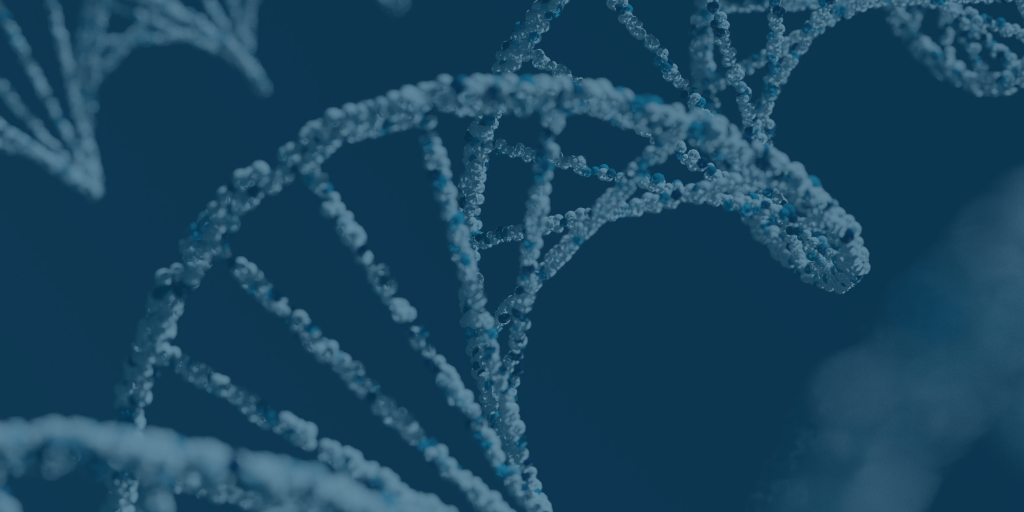The genomic revolution equipped the scientists with millions of human genomes, entirely changing the way we envision, project and interpret science. Together with the amounts of data, it also evolved the need to respect the donors' right to privacy. Data protection laws flourished and, while they undeniably served to improve human rights and good practices in research, they added new layers of complication to the goal of data sharing.
Nature Journal has dedicated a collection of remarkable articles to this 20th anniversary, where they portray how scientists did not fulfil the promise at the core of the HGP. The call for efficient sharing of human genomic data is nowadays more live than ever, with the animate issue regarding the faulty availability of data from COVID-19 patients, right when the pandemic is setting an unprecedented pressure on the scientific and medical community. Given its importance, this multi-faceted debate does not lack controversial opinions. Some researchers indeed consider that we should move toward more restrictive data access, giving more decisional power to the donors, despite that would inevitably diminish the usability and value of the data.
Even if 20 years after we are still not there, at the EGA we are committed to make the dream behind the HGP a reality, working day by day to enable law-compliant data sharing.



